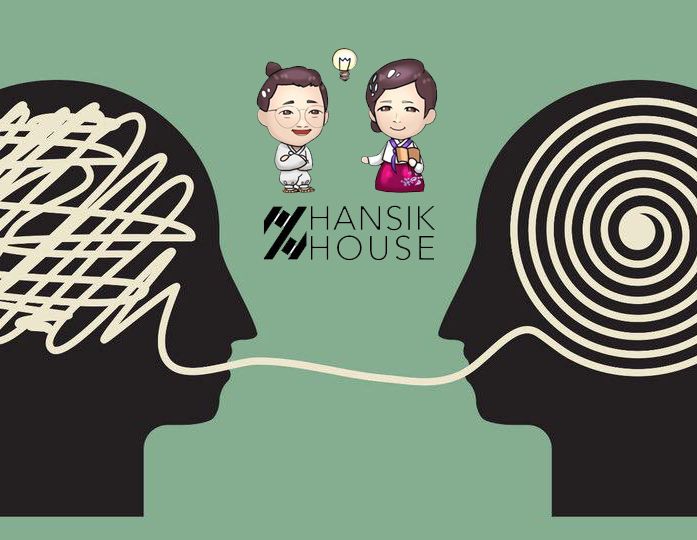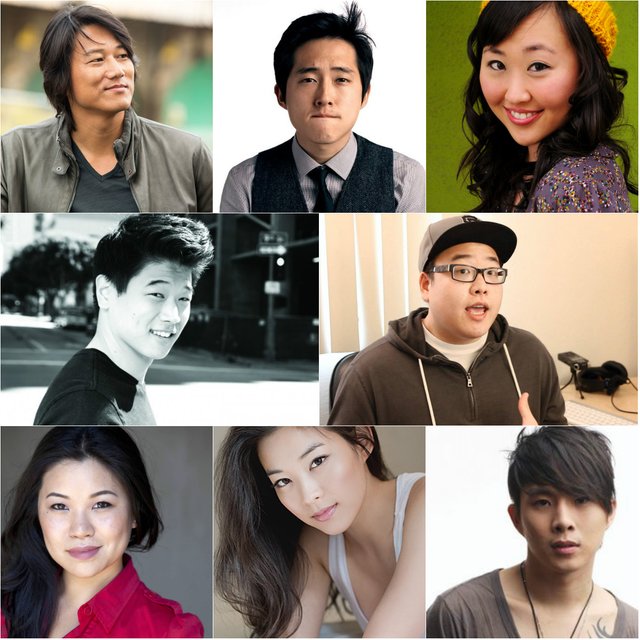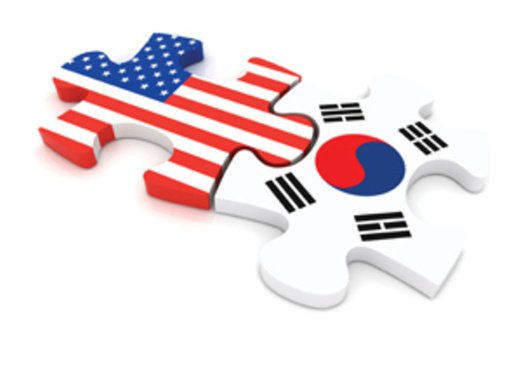An Introduction to Korean-English, “Konglish”

Tongue Twisters
For Koreans born in the US or those who emigrated at a younger age, you know full well what this post is going to touch upon. Even US citizens that never spent any time in Korea, we all have ultra-colored English that incorporates nuanced Korean. Since Koreans have only immigrated to America in large numbers in recent years, my generation (those born in the 80s and 90s) got the full 2nd-gen experience where our parents drilled a great deal of Korean into our heads but because we had little opportunity to use it, it ended up assimilating into our English rather than standing alone as a distinct language.

Source: The Star
“Konglish” is just that - a hybrid of Korean and English that is an alien tongue to both original Korean users and English speakers. Only Konglish speakers can understand Konglish. Konglish speakers often swap key word in an English phrase with Korean substitutes. For example, Konglish users often add “-ing” to Korean verbs like a “muhguh-ing” where to “muh-guh” means to eat. As you can imagine, this is unintelligible to many except the few in the middle.

Source: Asia Matters for America
There also isn’t much of an opportunity to talk about such a topic as the implications are a bit lowly. There ‘un-pure’ forms of speech are seen more as isolated and generational flukes rather than a legitimate form of communication. The closest thing I learned that’s similar to this is something like Louisiana French/Creole, a unique mix of colonial French and African dialects, only spoken in particular regions of the state.
But it’s time to come out of the Konglish closet, a contentious remnant of Korean immigrant culture that actually has 2 unique sides to it.
A Unique Generational Symptom
This type of language use is very specific to the status of the general Korean population in the US. Most Korea immigration occurred during the 80s and 90s with children being born in large amounts at this time. I myself am one of them - a zodiac rabbit born in the late 80s. This was a very unique time for the first wave of open Korean immigrant (compared to the labor-specific transfers of miners and nurses to Germany for example in the mid 1900s) and resulted in the first population of American-grown children.

Source: Soompi
Since Korean-specific immigration wasn’t developed during this time, we essentially experienced displaced migrants living in fairly homogenous pockets. Immigrants would take on manual labor and basic commercial industries for work, professions that required minimal use of English. Koreans had yet to assimilate educationally and we witnessed was a whole generation of offspring growing up in America - schools, activities, vacationing, etc. - but by the hand of Korean-speakers.
This of course is a very common experience to trends/waves of different immigrants as well - Jewish, Italian, Southeast Asian, South American - that lead to native-speaking outposts around the US. Their nonnegotiable stakes in both linguistic worlds gave rise to hybrid dialects that transformed with each generation, each region, and each time period.

Source: SEO Clerk
Immigrant education and assimilation is very different now and will continue to change with each contextual change. This is why ‘Konglish’ and other mixtures mutate even every few years as the factors drastically change. Unlike Louisiana Creole for example, which is passed down as a unique regional speech, Konglish is extremely contingent on the contemporary statuses of both cultural worlds.
Key Examples
But of course we can’t just talk about Konglish without equipping you all with the means to use it. It would be no fun unless you could wield a bit of the special ‘dialect’ with Korean-Americans. Here are a few of the more common phrases -
Let’s eat ‘bahb’. This one’s super simple as “bahb” means both rice and food in general. Throw this phrase in anytime you want to grab a meal with Korean companions.
She or he is my Unni/Nunah or Oppa/Hyung. When referring to older Korean friends or family, we rarely use first names. Instead, we call them by this rubric - guys call older guys ‘hyung’ and older girls ‘nunah’ while girls call older guys ‘oppa’ and girls ‘unni’. Anyone younger is universally ‘dongseng’.
She/He is such a “Mee-Cheen Nyun/Nom”. This is a fairly harsh/vulgar one but one of the most effective way to mask a few words is when speaking not so highly of another person. “Mee-Cheen” means ‘crazy’ and Nyun or Nom is a very derogatory way of referring to a female or male. Very not PC but sometimes those characterizations are needed in life…
To get a flavor of Konglish used in real life, check out an episode or two of K-Town, the LA pseudo-equivalent of Jersey Shore -
Disclaimer - this show and cast of characters is not representative of the typical Korean-American experience. ;)
The Future of Konglish
As I wrote this post, my wife was actually reading over my shoulder and informing me of other variants of Konglish that are used exclusively in Korea or in a certain way by Korean-Americans. I’ve got the itch to speak upon this more and will make sure to do so in the following few posts.
Let me know what you think! Do you speak a cocktail of you parents’ mother tongue and that of your current residence?

What a interesting article related to korean english. I think that you thrive to understand culture through words.
I happened to think about 'Wasei-Eigo' in Japanese. Maybe you could write something about it^^ It would be a great article, IMO
I support this @stella12!
I definitely try to. I think language is one of the best insights into a cultural attitude. Thanks for the support @steemitjp!
My Konglish ability reached its pinnacle by endlessly attempting to explain cryptocurrency to my yuhak buddies hahaha. Nice Article!
Hahaha, hanging out with the yuhak students is the best way to learn!
Haha Konglish, never heard this expression before. I love to learn different languages and the interaction of all us in this world community #oneness in practice. Love this post.
Hehe thanks @projections!
fascinating! In Poland we have a lot of English words with Polish grammar endings - although this comes from a different reason - that English is everywhere today, and especially in specialized language.
Just to show an example from architecture - "Wizualizacja" (spoken: Vizualizahtzya) for Visualisation
Oooo that's super interesting. I'm preparing a post similar to that situation as well, talking about English assimilation in Korea. Very cool example!
whoa!! very interesting!
Thanks @katherineherrera! =)
특히나 공감가는 부분이네요 ㅋㅋㅋ포인트를 딱 찝어서 설명해 주셨군요!
ㅎㅎㅎㅎ 어떤 것은 한글로 말 안하면, 전달과 느낌이 너무 다릅니다. ㅎ
This post is daebak
Haha thanks chinggoo!
굉장히 재미있게 잘읽었습니다 일상적으로 쓰는 비속어와 같은 표현을 영어로 재미나게 풀어 써놓으셨네요 필력에 다시한번 감탄하고 갑니다
케인 님, 재밌게 읽어주셔서 고맙습니다. 어떤 말들은 영어중에도 한글로 나오는것 같아요.
ㅎㅎㅎㅎ 재미 있게 읽었어요. ^^
감사합니다 @myhappycircle님~~
오 콩글리시에 대한 이야기를 써주셨네요 ㅎㅎㅎ
외국사람도, 한국사람도 재미있게 읽을만한 이야기 같습니당 ㅎㅎ
고맙습니다 스마트 콤 님 ! ㅎㅎㅎ